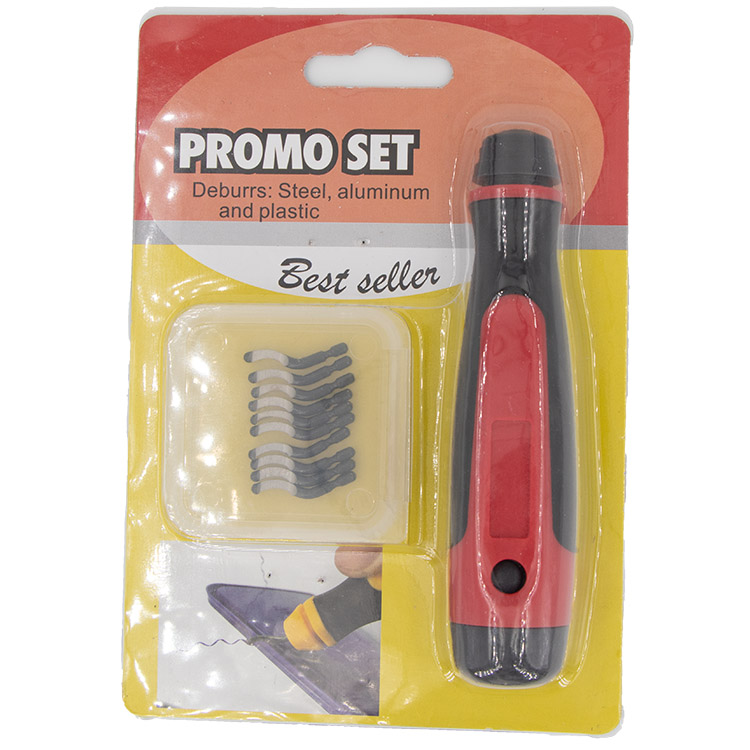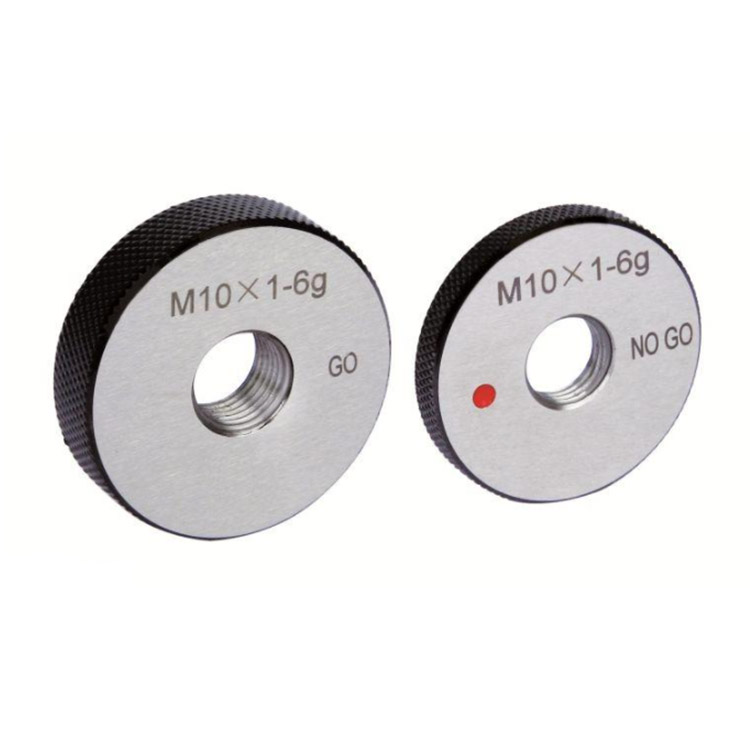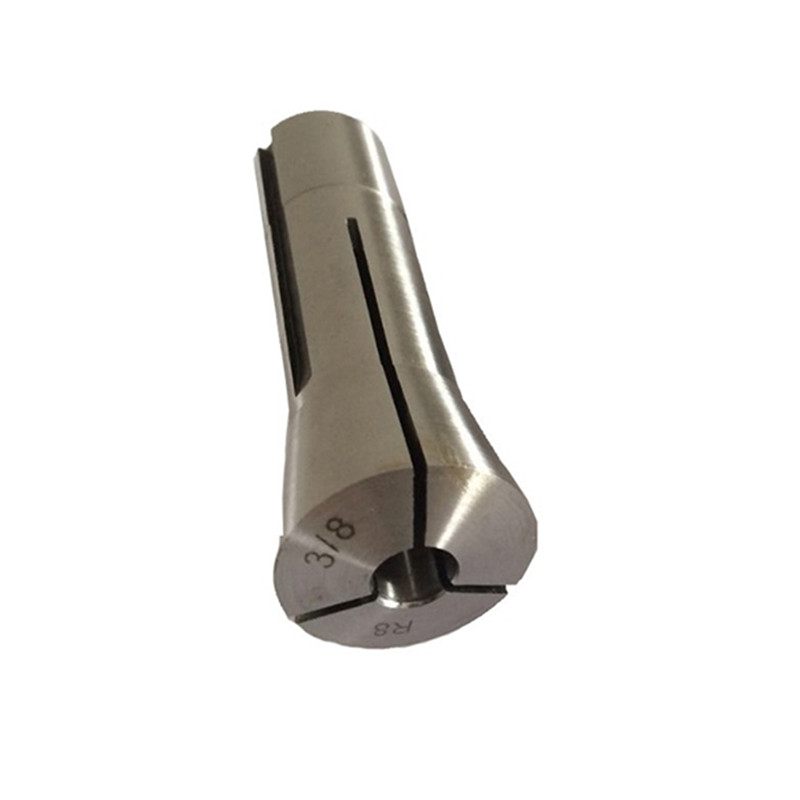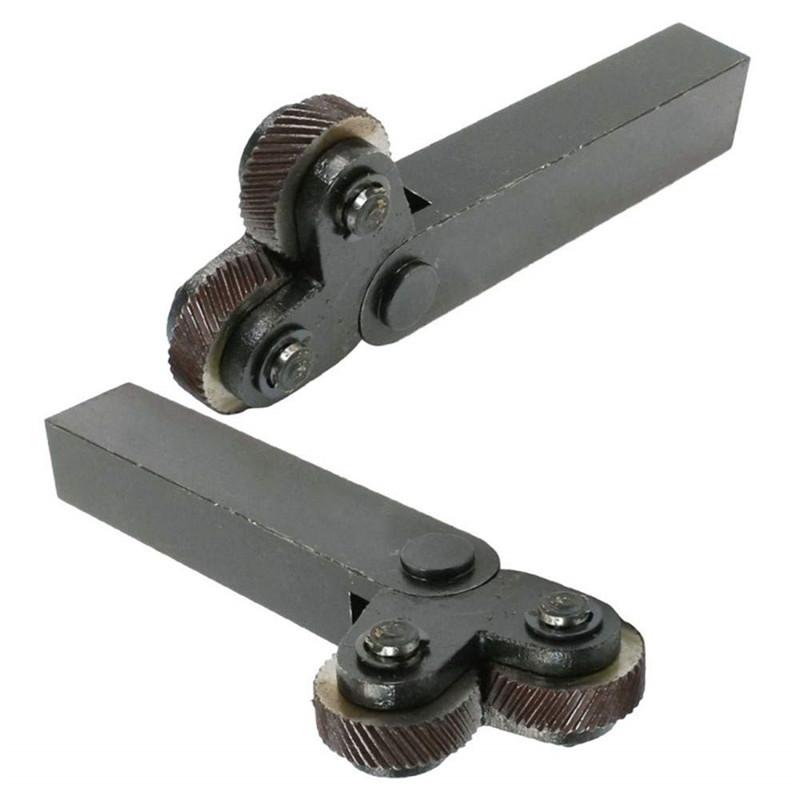High-Quality Live center
A high-quality live center is a crucial tool for precision turning operations, providing support and reducing vibration to ensure accurate and consistent results. Selecting the right live center depends on various factors like workpiece material, size, and machining requirements. This guide explores the key features, types, and selection criteria for choosing the best live center for your needs.
Understanding Live Centers
What is a Live Center?
A live center, also known as a revolving center, is a tailstock accessory used in lathes to support the workpiece during machining. Unlike dead centers, live centers contain internal bearings that allow them to rotate with the workpiece, minimizing friction and heat buildup. This rotation enhances machining accuracy, especially when dealing with heavier workpieces or high-speed operations.
Benefits of Using a High-Quality Live Center
- Improved Accuracy: Reduces vibration and deflection for precise cuts.
- Increased Efficiency: Allows for higher spindle speeds and feed rates.
- Extended Tool Life: Minimizes wear on cutting tools.
- Reduced Heat Generation: Rotating design minimizes friction.
- Versatility: Suitable for a wide range of materials and machining operations.
Types of Live Centers
Standard Live Centers
Standard live centers are general-purpose tools suitable for most turning applications. They typically feature a hardened steel point and sealed bearings for durability and long life. These are available from Wayleading Tools, offering reliable performance.
Bull Nose Live Centers
Bull nose live centers have a larger diameter nose, providing greater support for larger workpieces. This design is ideal for heavy-duty turning operations where increased rigidity is required.
Point Live Centers
Point live centers feature a sharp, pointed tip for precise centering of small workpieces. They are often used in precision machining applications where accuracy is paramount.
Interchangeable Point Live Centers
Interchangeable point live centers offer versatility by allowing the user to swap out different point styles (e.g., pointed, bull nose, cup) to suit various machining tasks. This adaptability makes them a cost-effective solution for workshops with diverse needs.
Carbide Tipped Live Centers
Carbide-tipped live centers feature a carbide insert at the tip, providing exceptional wear resistance and extended life, particularly when working with abrasive materials. Their website, www.wayleading.com, offers detailed specs for various carbide-tipped models.
Factors to Consider When Choosing a Live Center
Load Capacity
The live center's load capacity should exceed the weight of the workpiece to ensure stable support during machining. Check the manufacturer's specifications for load ratings before making a purchase. Wayleading Tools lists the precise load capacities on their product pages.
Accuracy (Runout)
Runout refers to the amount of deviation the live center's point exhibits as it rotates. Lower runout values indicate higher accuracy. For precision applications, choose a live center with a runout of 0.0001' or less.
Bearing Type
The bearing type significantly impacts the live center's performance and lifespan. Sealed bearings offer protection against contamination, while angular contact bearings provide superior load-carrying capacity. Commonly used bearings are ball bearing, roller bearing and needle bearing. The choice depends on the application's requirements for speed, load, and precision.
Taper Size
The live center's taper size must match the tailstock's taper to ensure a secure fit. Common taper sizes include Morse taper (MT) and Jacobs taper (JT). Wayleading Tools provides a handy taper size chart on their website.
Sealing
Effective sealing is crucial for preventing coolant, chips, and other contaminants from entering the bearings. Look for live centers with robust sealing mechanisms for extended life and reliability.
Maintaining Your Live Center
Cleaning
Regularly clean your live center with a soft cloth and mild solvent to remove debris and prevent corrosion. This will extend its lifespan and maintain its accuracy.
Lubrication
Proper lubrication is essential for smooth operation and long bearing life. Follow the manufacturer's recommendations for lubrication intervals and grease type. Consider using a high-quality grease specifically designed for live center bearings.
Inspection
Periodically inspect your live center for signs of wear or damage, such as excessive runout, loose bearings, or damaged points. Replace worn or damaged components promptly to prevent further issues.
Troubleshooting Common Issues
Excessive Vibration
Excessive vibration can be caused by an unbalanced workpiece, worn bearings, or an improperly tightened live center. Balance the workpiece, inspect the bearings, and ensure the live center is securely mounted.
Overheating
Overheating can occur due to excessive friction, insufficient lubrication, or overloading. Reduce spindle speed, apply appropriate lubrication, and ensure the live center is not overloaded.
Premature Bearing Failure
Premature bearing failure can result from contamination, overloading, or improper lubrication. Implement a regular cleaning and lubrication schedule, avoid overloading the live center, and use the recommended grease type.
Comparison Table of Different Live Center Types
| Live Center Type | Typical Applications | Advantages | Disadvantages |
|---|---|---|---|
| Standard | General turning | Versatile, cost-effective | Lower load capacity |
| Bull Nose | Heavy-duty turning | High rigidity, supports large workpieces | Limited point options |
| Point | Precision machining of small parts | Excellent accuracy | Limited load capacity |
| Interchangeable Point | Various turning operations | Adaptable, cost-effective | May require more maintenance |
| Carbide Tipped | Machining abrasive materials | Excellent wear resistance | Higher initial cost |
Conclusion
Selecting a high-quality live center is crucial for achieving accurate and efficient turning operations. By considering factors like load capacity, accuracy, bearing type, and taper size, you can choose the right live center for your specific needs. Proper maintenance and troubleshooting can further extend the life of your live center and ensure consistent performance. Wayleading Tools offers a wide selection of live centers to meet diverse machining requirements.
About Us: Wayleading Tools is dedicated to providing high-quality tooling solutions for metalworking professionals. With a focus on precision and durability, our products are designed to enhance efficiency and accuracy in machining operations. Visit www.wayleading.com to explore our full range of tooling products.
Related products
Related products
Best selling products
Best selling products-
 Type B Light Duty Deburring Tool Set With Deburring Holder And Deburring Blade
Type B Light Duty Deburring Tool Set With Deburring Holder And Deburring Blade -
 Metric Thread Ring Gauge 6g Accuracy With Go & NO Go
Metric Thread Ring Gauge 6g Accuracy With Go & NO Go -
 Digital Indicator – Precision Type, Inch/Metric, Industrial Grade
Digital Indicator – Precision Type, Inch/Metric, Industrial Grade -
 Electronic Digital Height Gauge From 300 to 2000mm
Electronic Digital Height Gauge From 300 to 2000mm -
 Precision Magnetic Base With Fine Adjustment For Dial Indicator
Precision Magnetic Base With Fine Adjustment For Dial Indicator -
 Carbide Tipped Hole Cutter For Cutting Stainless Steel And Iron Or Steel Plate
Carbide Tipped Hole Cutter For Cutting Stainless Steel And Iron Or Steel Plate -
 Type K-90 Degree Cone Tungsten Carbide Rotary Burr
Type K-90 Degree Cone Tungsten Carbide Rotary Burr -
 CNMG & CNMM Turning Insert For Indexable Turning Tool Holder
CNMG & CNMM Turning Insert For Indexable Turning Tool Holder -
 Precision Outside Micrometer Set With digit Counter Of Inch & Metric With Rachet Stop
Precision Outside Micrometer Set With digit Counter Of Inch & Metric With Rachet Stop -
 R8 Round Collet With Inch and Metric Size
R8 Round Collet With Inch and Metric Size -
 APKT Milling Insert For Indexable Milling Cutter
APKT Milling Insert For Indexable Milling Cutter -
 Double-beam Digital Gauge With Digital Counter
Double-beam Digital Gauge With Digital Counter
Related search
Related search- High-Quality Stubby shank boring bar set
- SCAC turning tool holder Supplier
- tubing micrometer Manufacturers
- High-Quality indexable threading mill
- Shell End Mill Factories
- dial bore gauge Suppliers
- w threading insert Manufacturer
- partial profile 55 degree threading insert Factories
- 5c collet fixture Factory
- thread gauge











